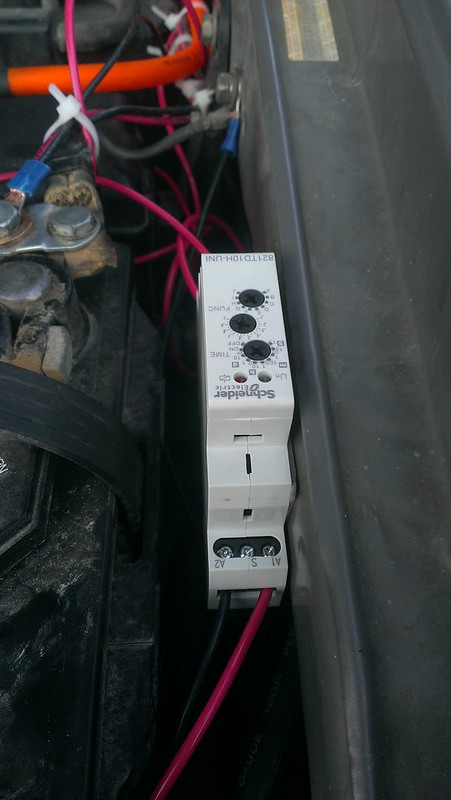It is not a question of cost, just what are you protecting. Fuses are to protect the wiring.
The unique thing about PV panels is that they accept their maximum load without failing.
If I have a solar panel and I place a dead short via a fuse, the fuse will only blow if it is lower than the maximum capacity of the panel.
Now if the wire does not carry the maximum current the panel is capable of, then it is too small so what am I insuring against.
If I have a panel capable of 10 amps and I want to install a fuse, just what size fuse would you suggest is required a 10 amp will never blow.
Kevin H.
I don't see how I could be more specific, the wiring from a power source needs protection if one is to protect against an electrical fire.
There are two ways of Providing that protection,
1. Create a weak point in a known location ie fuse or circuit breaker of a value just below the wires current capacity or a location that a burnt wire will not be a major issue (as in the case of a starter cable).
2. Provide a circuit capable of handling the maximum the power source is capable of supplying.
Protect the wires to the generator/alternator/battery with a fuse/circuit breaker as close as practical to the source, but make solar panel the wires capable of handling the maximum short circuit load capacity of the solar panel/array.
Ie no fuse although an isolation switch would be wise.
Kevin h

